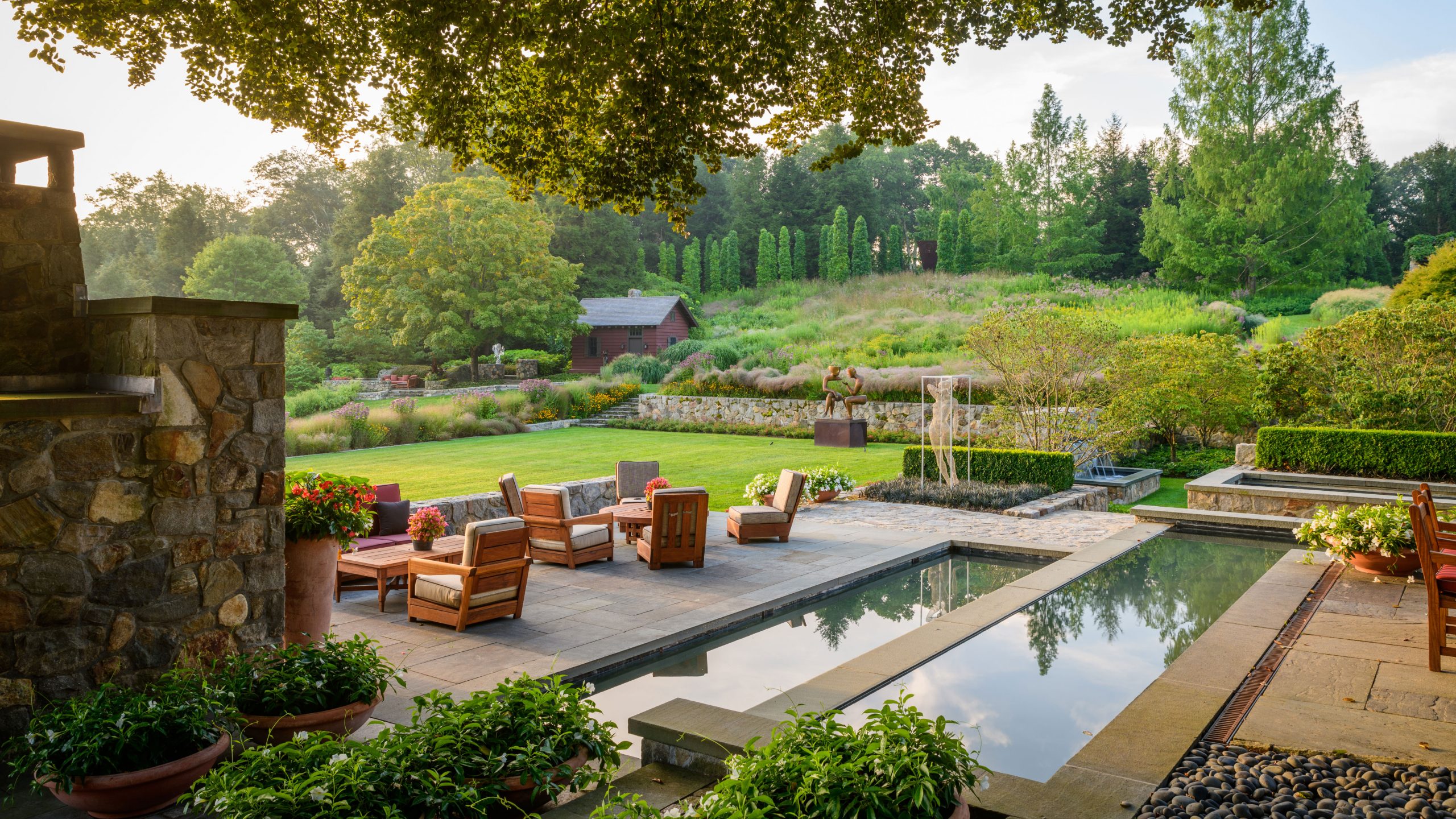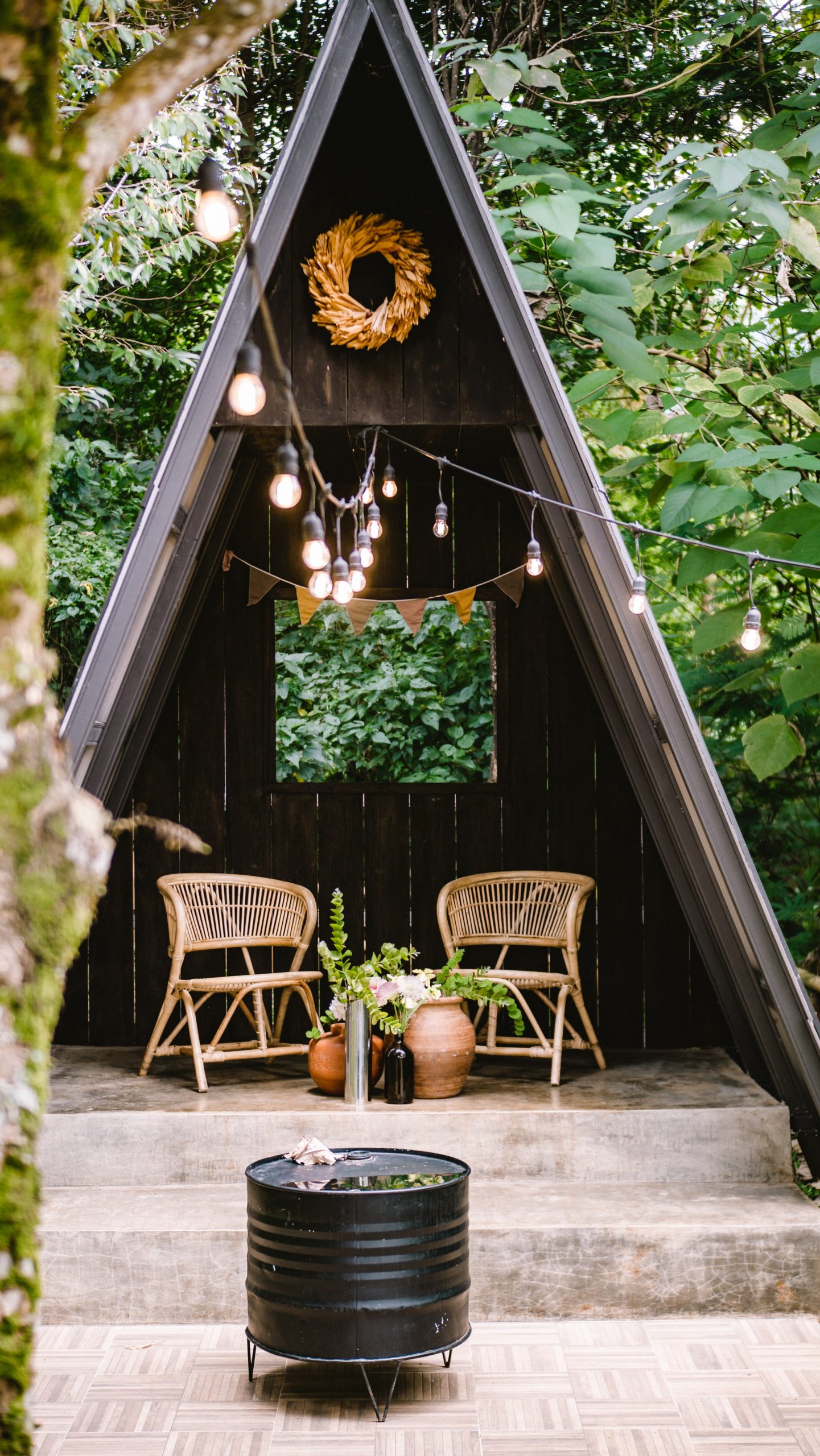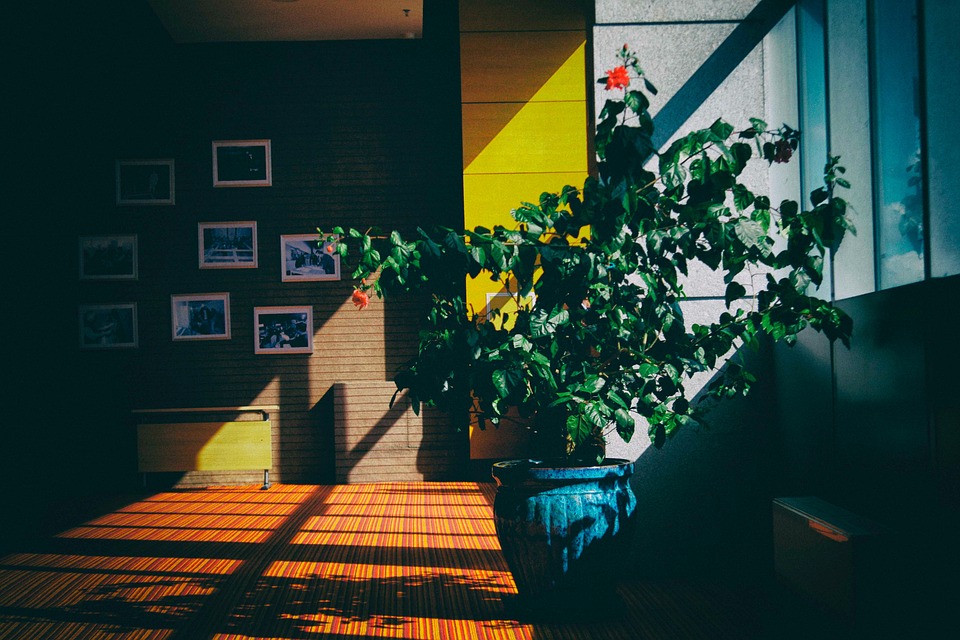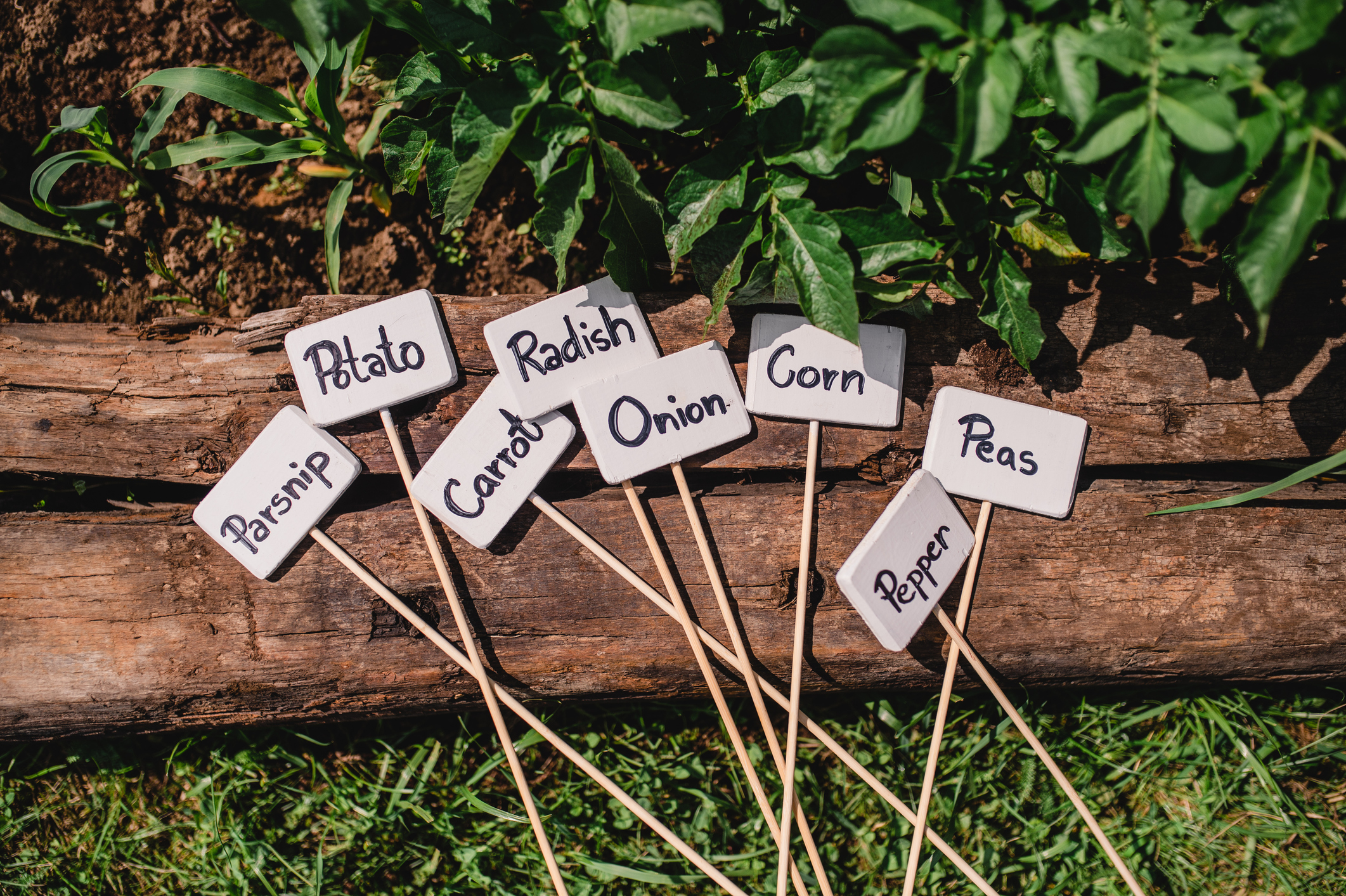I always like to start with something personal, so please bear it with me!
Back in my childhood days, while other kids were addicted to SpongeBob SquarePants and Kim Possible, I used to love digging in the dirt, watering flowers, catching butterflies and playing with critters that were visiting my garden from time to time, especially during the warmer months. I loved gardening because it made me happy. I loved watching the smile on my father’s face when he saw his flowers and vegetables all “grown-up.”
Today, I still love gardening; more, I’d say because of my dogs who are always thrilled when they see me digging into the soil and they decide to help out – BTW, I never knew dogs could be such awesome diggers. However, recently I’ve felt a greater sense of accomplishment ever since I’ve read about King Solomon’s –one of the greatest Israelite Kings in Biblical times – interest in gardening.
People love gardening because it’s a creative outlet and a great source of relaxation, exercise and enjoyment. And, I guess King Solomon thought the same.
(For those who are unaware of the existence of such a sumptuous Biblical garden, I suggest you start with Biblical Garden: Exploring King Solomon’s Garden.)
Nature’s Wisdom
 One of the unique aspects of the garden of King Solomon is the centrality of the attainment of wisdom rather than just enjoyment and relaxation. In some ancient analogs, primordial experts took an interest in the said divine wisdom held by King Solomon.
One of the unique aspects of the garden of King Solomon is the centrality of the attainment of wisdom rather than just enjoyment and relaxation. In some ancient analogs, primordial experts took an interest in the said divine wisdom held by King Solomon.
Indeed, through Biblical scriptures, we learn that Solomon was deemed wiser than any sages of the Middle East. However, his very great insight and breadth of understanding were a gift from God. God blessed him with wisdom as well as riches, honor and a long life because of his humility and faithfulness toward God. And, it seems like Solomon did not only use his newly-acquired wisdom to establish himself firmly over his father’s kingdom, but also used it to create an outdoor wisdom space.
As it turns out, the flowers, vegetables, birds and bees of our garden know quite a lot. We can’t talk to plants and insects, but I’ve come to understand that we can actually learn so much from all the plants, birds, treetops and insects in our gardens.
A Setting for Privacy
 The sumptuous garden reflected King Solomon’s productive prosperity and the space filled with conifers, herbs, spices, flowers and fruiting trees represented tranquillity and peace. However, let me highlight that King Solomon had the garden built with a high wall around it as a private sanctuary. This complements the fact that gardens were and are still a setting for privacy.
The sumptuous garden reflected King Solomon’s productive prosperity and the space filled with conifers, herbs, spices, flowers and fruiting trees represented tranquillity and peace. However, let me highlight that King Solomon had the garden built with a high wall around it as a private sanctuary. This complements the fact that gardens were and are still a setting for privacy.
In fact, I’ve read somewhere that paradise is another name of a “walled garden.” It comes from one of the earliest surviving Persian literature that said that a garden is a green space surrounded by a wall or parapet.
If you travel back to the medieval ages, you’ll find that churches were often built with a walled and gated garden and the plate on the front door would be inscribed with the word “paradise.”
Gardens Need a Source of Water
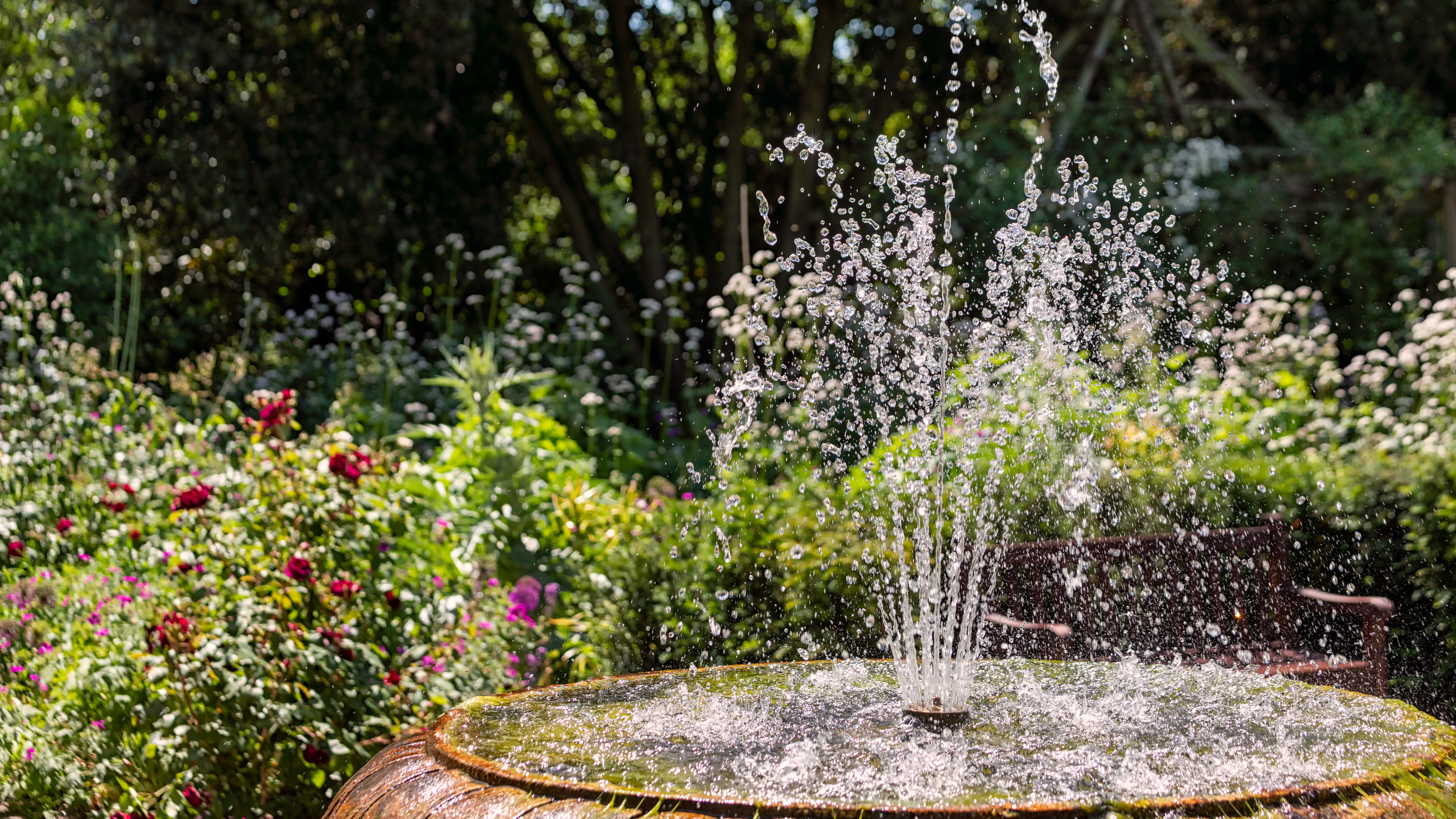 It’s tremendously satisfying –as a gardener- when you read and imagine wildflowers blooming vivid red in springtime, along with a succession of Adonis, poppies and crown anemones and fall blooms like coneflowers, celosia and orangey-red zinnias are ever more mind-boggling. As a Christian gardener, I feel proud to know that these beauties were grown in King Solomon’s garden.
It’s tremendously satisfying –as a gardener- when you read and imagine wildflowers blooming vivid red in springtime, along with a succession of Adonis, poppies and crown anemones and fall blooms like coneflowers, celosia and orangey-red zinnias are ever more mind-boggling. As a Christian gardener, I feel proud to know that these beauties were grown in King Solomon’s garden.
However, back then, water was very important for gardens because it was a source that was very hard to come by in arid regions. The importance of water is framed in the following scripture:
“You are a garden fountain, a well of flowing water streaming down from Lebanon.”
– From Song of Songs 4:15
